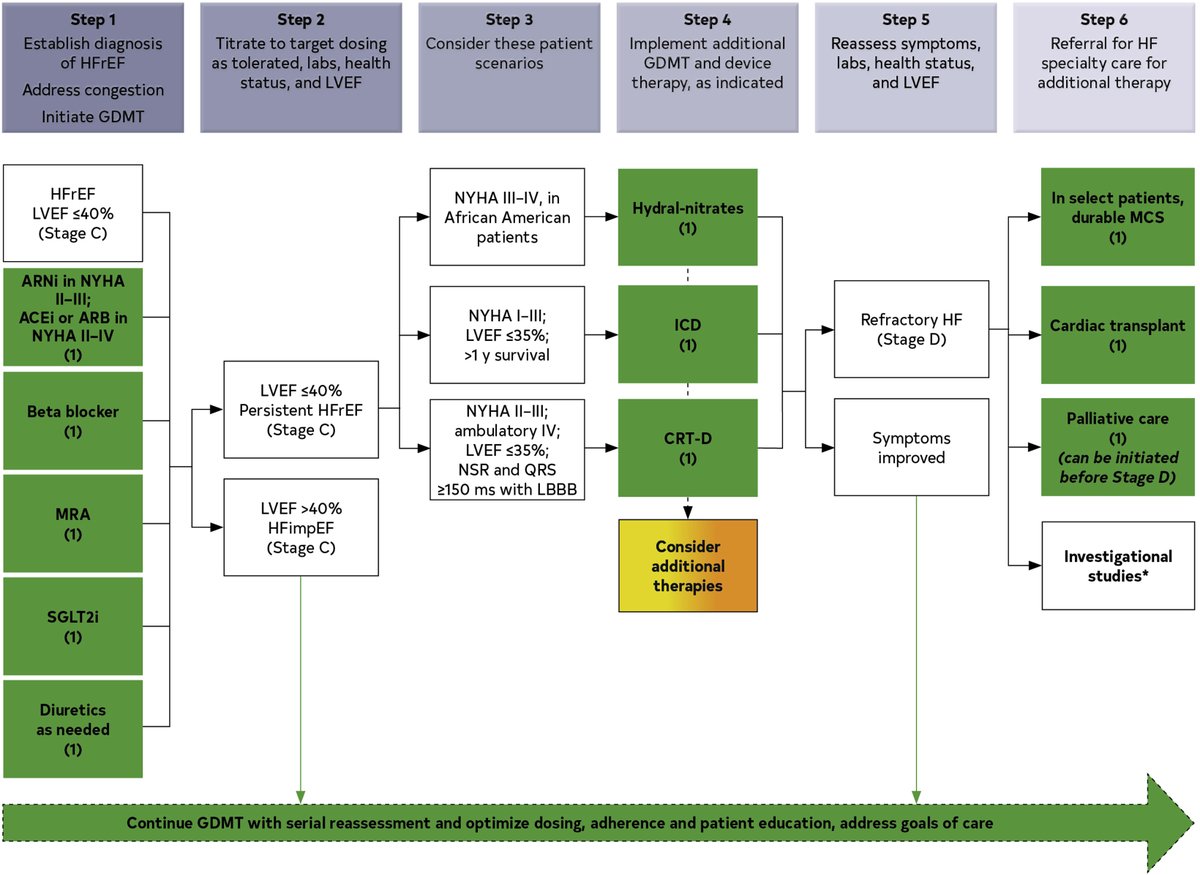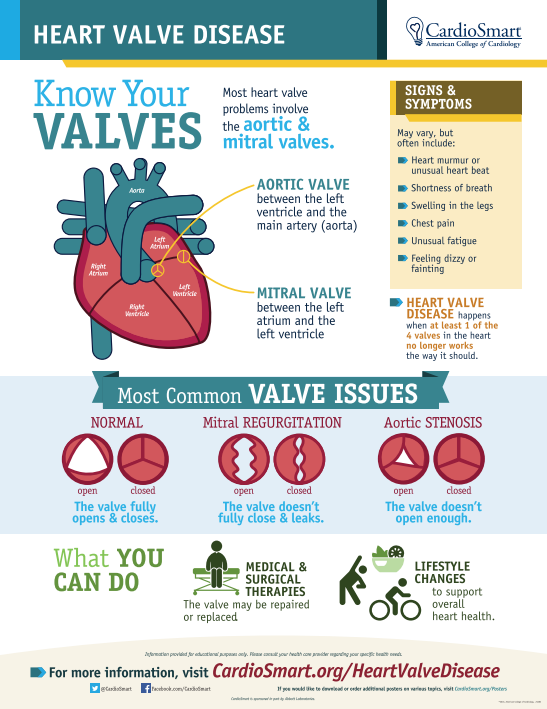
#AFib is the most common sustained heart rhythm problem in the world. 🌎
#AFib increases the risk of #stroke & #heartfailure. It causes symptoms like fatigue, dizziness & shortness of breath and can reduce patients’ quality of life.
Rapid heart rates are a result of #AFib, which causes many of its symptoms. For some patients slowing the rate helps, but for many normal rhythm needs to be restored.
#Cardioversion:
✅ Used for acute management
✅ Restores normal rhythm for most pts
✅ Requires medication or ablation if #AFib reoccurs
✅ Performed under a sedative to avoid discomfort
✅ Outpatient procedure in most cases w/ pts going home after 1 hr of observation
✅ Used for acute management
✅ Restores normal rhythm for most pts
✅ Requires medication or ablation if #AFib reoccurs
✅ Performed under a sedative to avoid discomfort
✅ Outpatient procedure in most cases w/ pts going home after 1 hr of observation
Medications:
✅ Efficacy rate at maintaining normal rhythm over several yrs of follow-up is <70%
✅ Patients can have significant side effects from meds
✅ Some meds are taken daily & some can be taken at time of an episode
✅ Efficacy rate at maintaining normal rhythm over several yrs of follow-up is <70%
✅ Patients can have significant side effects from meds
✅ Some meds are taken daily & some can be taken at time of an episode
#Ablation:
✅ Outpatient procedure w/ most patients going home the same day or staying overnight for observation
✅ Catheter procedure
✅ Data shows higher success rates compared to medications
✅ Outpatient procedure w/ most patients going home the same day or staying overnight for observation
✅ Catheter procedure
✅ Data shows higher success rates compared to medications
#AFib Ablation:
1⃣ Catheters are placed through the femoral veins & positioned in the heart
2⃣ Ultrasound, electrical signals & 3-dimensional mapping are used to do #ablation
#Epeeps
1⃣ Catheters are placed through the femoral veins & positioned in the heart
2⃣ Ultrasound, electrical signals & 3-dimensional mapping are used to do #ablation
#Epeeps
The most important part of #AFib ablation is electrically isolating the pulmonary veins from the rest of the heart. ♥️
The most recent guidelines support #AFib ablation for select patients as both a 1st line therapy for AFib symptom control & for patients failing medication therapy.
#AFib is a complex condition w/ multiple tx options. For many patients, ablation is appropriate choice. Tx of associated conditions like #hypertension, #diabetes & #SleepApnea are🔑interventions which help maintain sinus rhythm. Weight loss &🏃♀️have been shown to⬇️recurrence
Shared-decision making is 🔑
Share with your patients the #CardioSmart materials on #SDM: cardiosmart.org/topics/decisio…
and this video on #AFib:
#ACCEP #Epeeps #CardioTwitter
Share with your patients the #CardioSmart materials on #SDM: cardiosmart.org/topics/decisio…
and this video on #AFib:
#ACCEP #Epeeps #CardioTwitter
• • •
Missing some Tweet in this thread? You can try to
force a refresh








